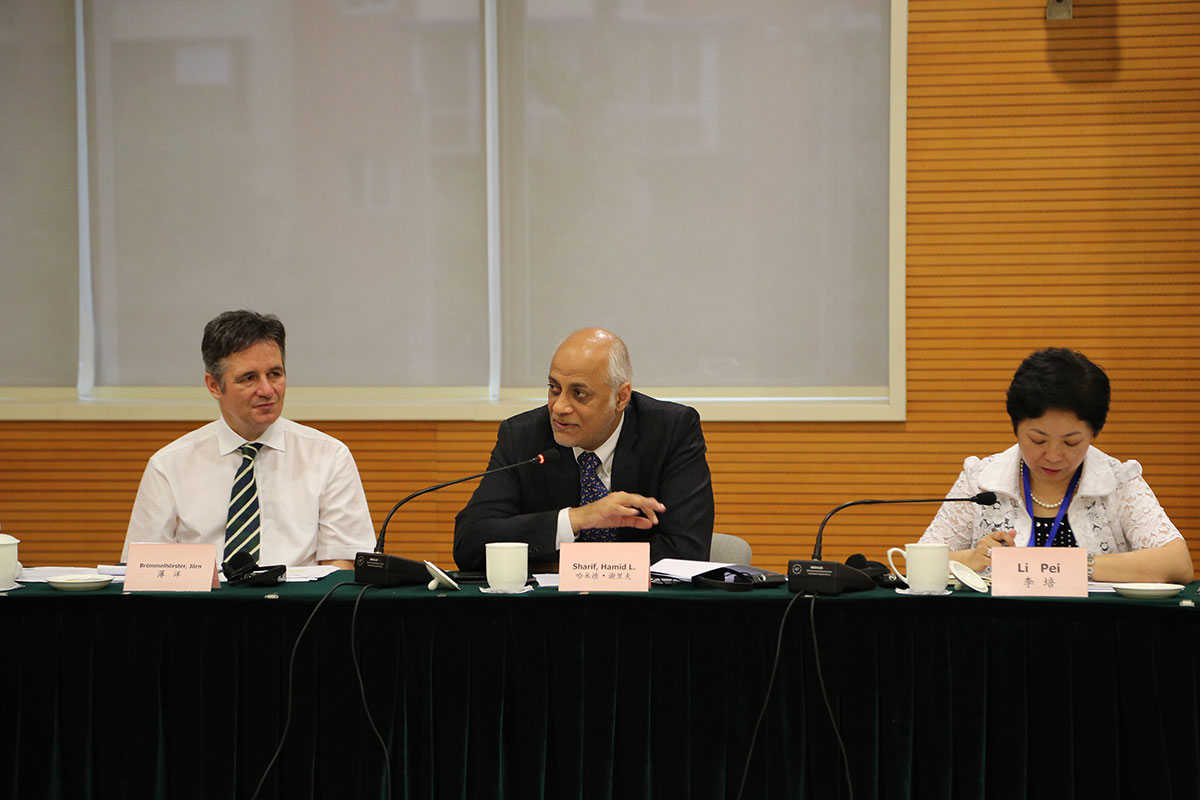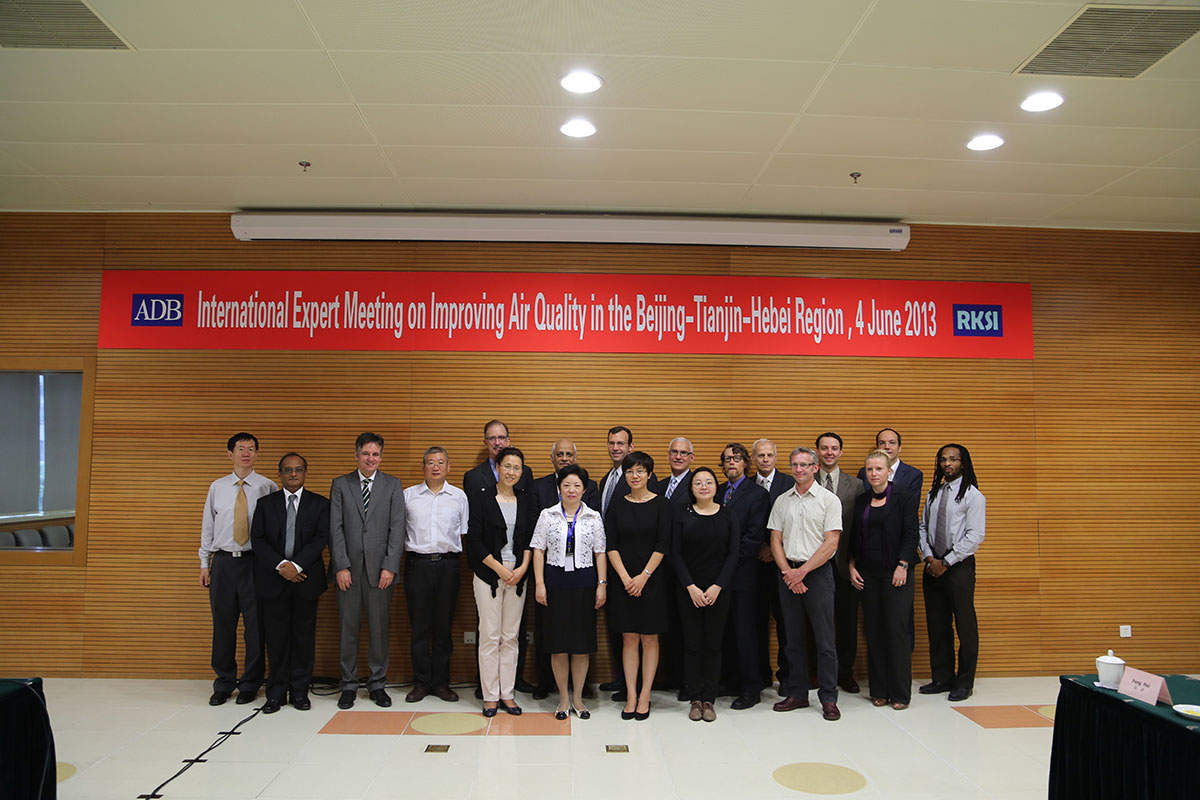| 09:00 – 10:15 | Welcoming Remarks (Chair Person)
Li Pei, Deputy Director General, Foreign Economic Cooperation Office, Ministry of Environmental Protection
Welcoming Remarks
Hamid Sharif, Country Director, ADB PRC Resident Mission
Air Quality Management and Policy Goals in the PRC
Wang Xin, Director, Division I, Foreign Economic Cooperation Office, Ministry of Environmental Protection
Policy Suggestions for Achieving Higher Standards of Air Quality
He Kebin, Executive Vice-President, Tsinghua Graduate School and Professor of School of Environment, Tsinghua University |
| 10:15 – 10:30 | Group Picture and Tea/Coffee Break |
| 10:30 – 12:30 | Session 1: Emergency Air Pollution Planning
Moderator: Zhao Lijian, Program Director, China Sustainable Energy Program
Status and challenges of emergency episode planning in the Beijing-Tianjin-Hebei region (15min)
Chai Fahe, Vice-President, Chinese Research Academy for Environmental Sciences
London’s approach to emergency air pollution episodes (15min)
Benjamin Barratt, King’s College London
EU air quality directive and the implementation in Cities (15min)
Axel Friedrich, Former Chairman of the OECD Working Group on Transport and Founding Member of the International Council for Clean Transportation
Discussion led by moderator:
- Key elements to address emergency air pollution episodes
- Steps to develop an emergency air pollution plan for Beijing-Tianjin-Hebei
|
| 12:30 – 14:00 | Lunch |
| 14:00 – 16:00 | Session 2: Medium and Long-Term Paths to Reduce PM2.5 Concentrations
Moderator: Benjamin Barratt, King’s College London
Air quality management plan requirements for Beijing-Tianjin-Hebei (15min)
Yang Jintian, Deputy Chief Engineer of Environmental Planning Institute, MEP
US approach to regional air quality management (15min)
Dale Evarts, Group Leader, Office of Air Quality Planning and Standards, US Environmental Protection Agency
Chris James, Principal, China and U.S. Programs, Regulatory Assistance Project
Discussion led by moderator:
- Legal solutions
- Institutional solutions
- Capacity issues
- Sector specific solutions
|
| 16:00 – 16:15 | Tea/Coffee Break |
| 16:15 – 17:00 | Wrap-Up Session: What Did We achieve? What Shall Be Proposed?
Moderator: Wang Xin, Director, MEP and Jörn Brömmelhörster, Coordinator, RKSI |




